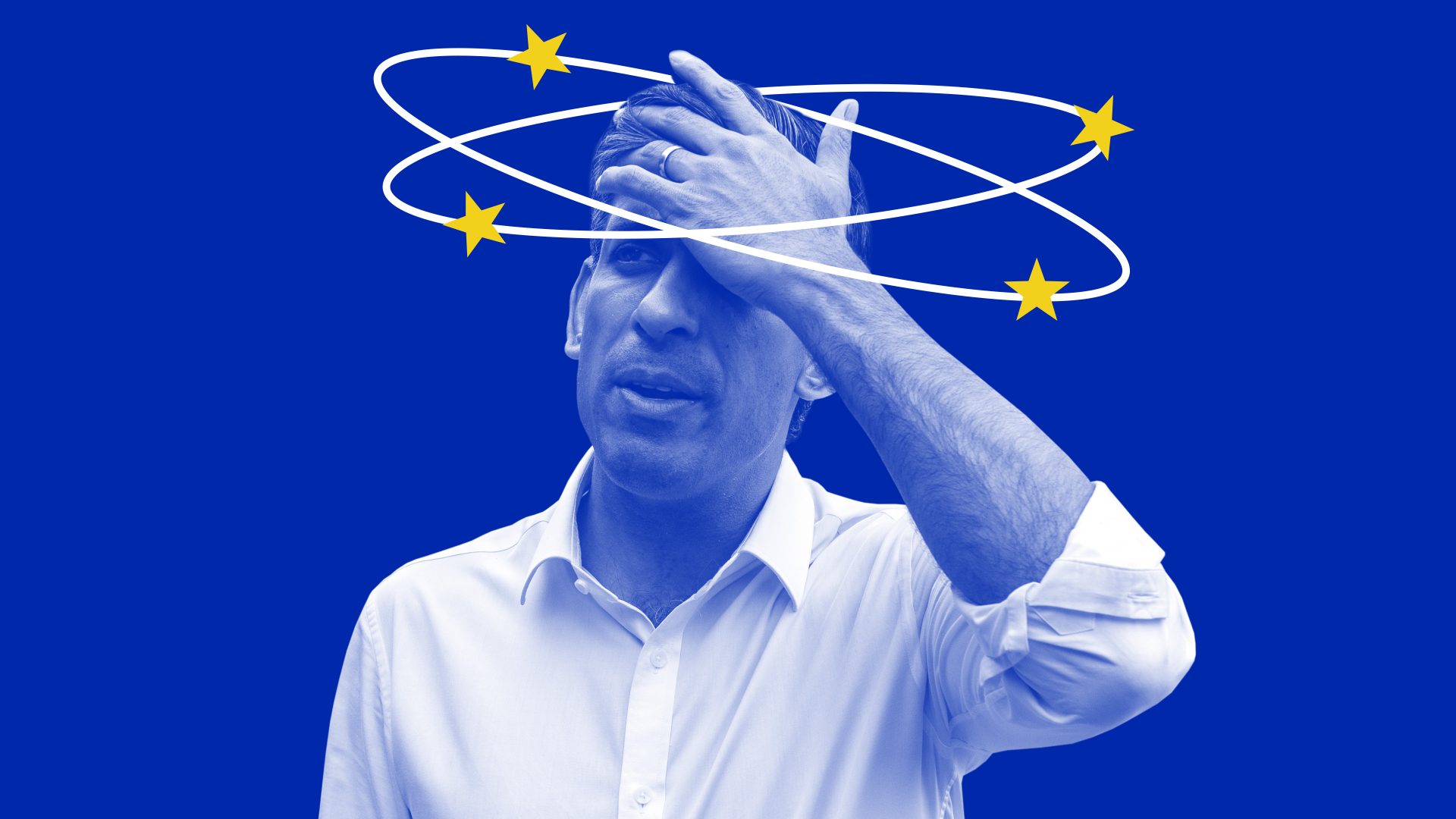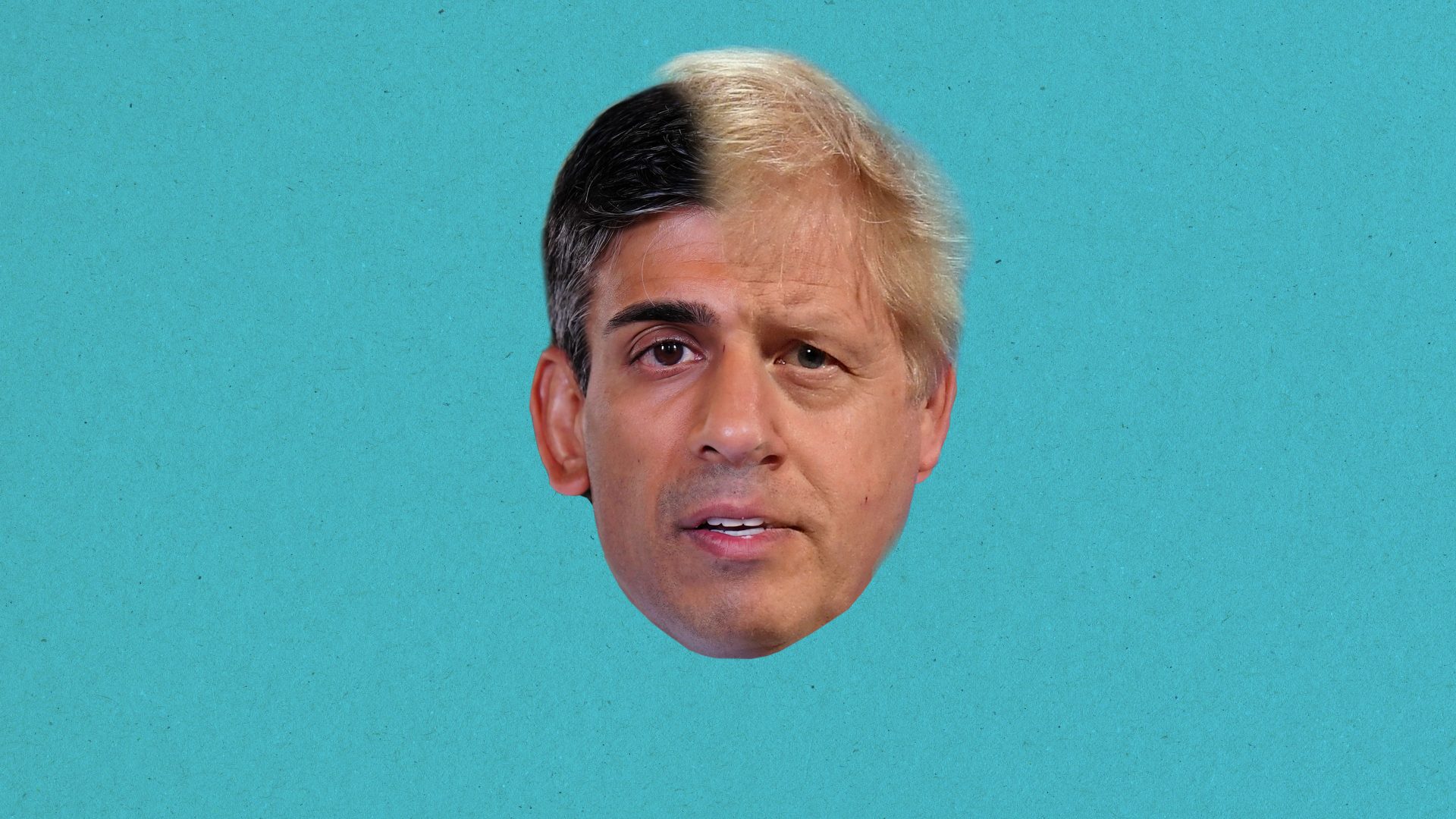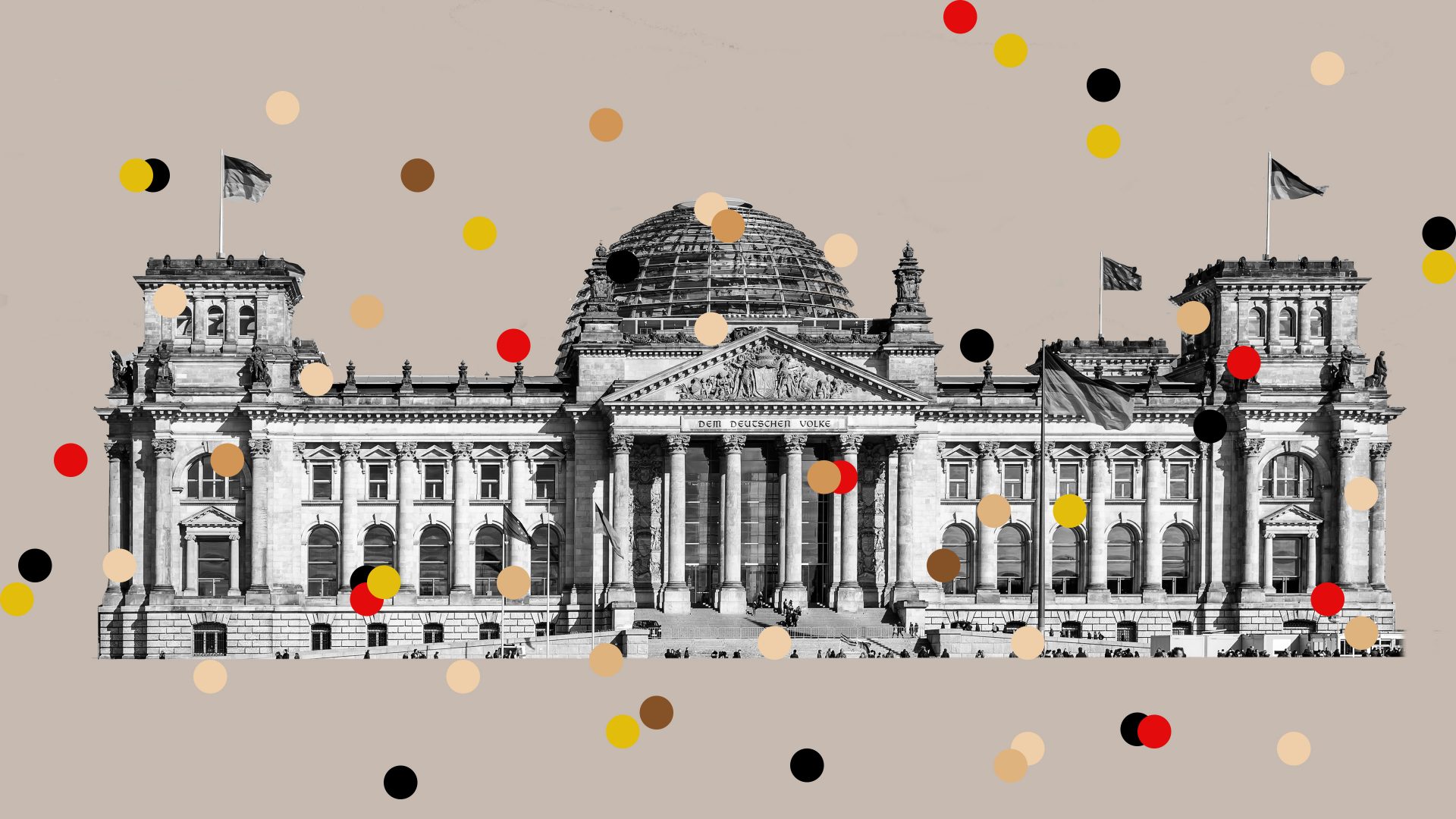With Rishi Sunak, Britain is on its third prime minister this year and, given the years of chaos and uncertainty we have been through, people will be relieved that an adult appears to have re-entered the room.
Britain needs a government providing stability and competence, a restoration of standards and integrity in public life and a strong forward programme that gives Britain a sense of direction and purpose. In particular, we need to set our economy on a course of growth, sustainability and fairer distribution.
So what will Sunak do to grip Britain’s “profound economic challenge” as he has called it? Above all, this requires honesty about the choices and trade-offs we face. Telling the Conservative Party to unite or die is one thing – I have been telling my own party that for decades – the country needs to know we must change or decline and, apart from rowing back from fiscal madness, it is not clear how the new prime minister thinks we should change.
We are now lagging at the bottom of the league table of G7 advanced economies in growth, productivity, investment and real wages.
It is true that we haven’t recovered fully since the banking crisis in 2008 and there are structural weaknesses in the UK, which I recognised when I was business secretary and which have not been properly addressed. These weaknesses lie in low levels of industrial and technological investment, poor skill attainment, the laborious system of planning approvals, weak infrastructure and public services and acute regional imbalances.
We have been knocked further by the pandemic and now the war in Ukraine. But what is unique in setting Britain apart from our competitors are the mounting effects of Brexit, which have been hard to quantify given everything else going on but which are becoming clearer in lost trade, higher prices and labour shortages.
Brexit is the elephant in the room which few want to talk about.
For Sunak this is particularly hard because Brexit remains the abiding faultline in his party – not over whether to Brexit but, having Brexited, what policies we follow next. This absence of any agreed plan hangs like a cloud over the government.
Those who wanted a hard Brexit won the day under Boris Johnson. Then Liz Truss wanted something even less functional by ripping up the trade arrangements we had agreed for Northern Ireland.
The fundamental question for Sunak is, does he continue this process of de-alignment and non-cooperation with Europe, or does he start rebuilding trust and a new relationship with our former partners in the EU, starting with the Northern Ireland Protocol?
Until he comes down clearly on one side or the other he is going to be stymied in so much else of what he wants to do.
This is a big test of leadership: he has to put the nation’s need to work with the EU to solve common problems before the desire of many in his party to seek confrontation with Europe at every turn. So far the prime minister has given no clear indication of what approach he is going to take.
There is an irony in what Britain has gone through since the summer.
The moment we were all dreading was the death of the Queen after 70 years on the throne. Yet this showed the country at its absolute best, a source of great pride.
But just a fortnight later saw Britain at its worst, an appallingly irresponsible fiscal event at a time of European war and acute global economic fragility, which spooked the horses so much they tore off and dragged the markets and the economy behind them.
This was not just a policy mis-turn but the culmination of Britain’s unmooring from its postwar economic history and the belief that the only Brexit worth having is a libertarian, free market, small state, low tax Brexit – lazily called a Singapore-on-Thames version of Brexit – and that those who oppose this are not true to the spirit of Brexit.
Sunak voted for Brexit and might be sympathetic to this policy outcome, but he has also demonstrated that he recognises economic reality and hard choices.
This is the essence of the conflict bedevilling the Conservative Party, which Sunak must bury or be the next Conservative leader to be buried by it.
He is not going to be able to confront the challenges facing Britain without first taking on and defeating those who won’t face up to the reality of our post-Brexit economic and trade choices and the importance of building a stable relationship with the EU.
Only once he has done this, assuming he wants to, can he “make Brexit work”. But here is the further point: it is not going to be possible to make Brexit work without revisiting and re-thinking the original terms on which we left the EU. It was the hardest of hard Brexits – a disastrous deal – that has produced the devastating effects on Britain’s trade, competitiveness, prices and growth that are building now.
It is not going to be possible to lift UK trade and growth without forming a better relationship with Europe’s vast single market and customs union in view of the frictions and barriers created by the original negotiation. UK trade in goods with Europe has become simply too cumbersome, too costly, too bureaucratic and too slow, and is becoming a major drag on our growth rate.
Regulatory barriers now stand in the way of much services trade. Businesses are moving from Britain to the EU. Business investment is growing in the rest of Europe, but it is plateauing in the UK.
Growth forecasts for Britain in coming years indicate no improvement. We will not have the living standards we would otherwise enjoy. Spending on public services will be further squeezed. We will not be able to afford to defend ourselves as we would like. We will therefore not have the same influence in the world. This is not Project Fear; it is reality, and any government will have to come to terms with it.
Labour will say that because of their internal divisions the Conservatives are not capable of resolving all these issues. But Labour is not blameless, having allowed the Conservatives to rule without effective challenge for most of the last decade.
Labour now has another chance to redeem itself and serve the country, following the dramatic turnaround in the party’s fortunes over the last two years under Sir Keir Starmer. Labour is not going to reopen the original Brexit decision, but nor should it be held hostage to its original terms because we know that Britain needs to exploit trade opportunities in Europe more fully if we are to start growing again.
Starmer has already shown in his own party he is prepared to make difficult choices. One concerns the necessary partnership between business and government. He wants businesses to work better and to change in order to do so, but he doesn’t have ideological hang-ups about business.
He also has strong instincts on security and defence. He is not a wobbler and he knows we have to cooperate more, not less, closely with European and international partners in the face of new security challenges.
Let me channel Margaret Thatcher in offering one last thought. In 1979, when we were approaching the sea-change election that brought her to power, she observed of the then Labour government “it is not just that they have governed badly. They have reached a dead end. The very nature of their party now prevents them from governing successfully.”
People are reaching a similar view now. And if we are reaching a dead end, we need to turn the page and begin the next chapter in our national story.
Central to this chapter is how we start rebuilding Britain’s growth prospects and Britain’s relationships in Europe in order to do so.
This is a transcript of a speech made in Oxford on October 27



